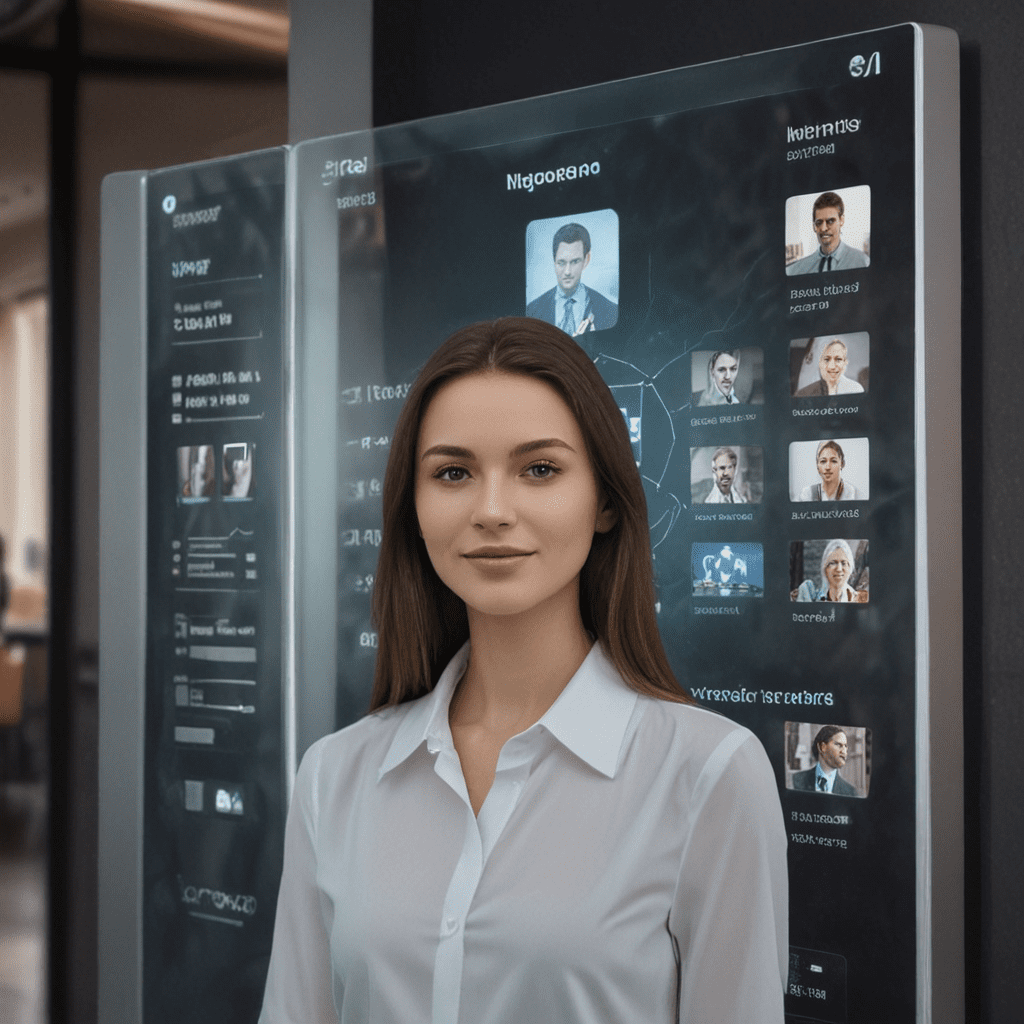
The Rise of Facial Recognition Technology
Facial recognition technology (FRT) has emerged as a powerful tool that is revolutionizing various industries, including event management. By leveraging advanced algorithms and machine learning capabilities, FRT can identify and verify individuals based on their unique facial features. This groundbreaking technology offers numerous benefits for event organizers, enhancing the overall experience for both attendees and organizers alike.
Streamlined Event Access: Eliminating Lines and Wait Times
One of the most significant advantages of FRT in event management is its ability to streamline event access, eliminating long lines and wait times. With FRT, attendees can simply walk up to the event entrance and have their faces scanned. The system instantly verifies their identity and grants them entry without the need for manual checks or physical tickets. This not only saves time but also creates a smoother and more efficient registration process.
Enhanced Security: Identifying and Preventing Unauthorized Access
FRT plays a crucial role in enhancing event security by identifying and preventing unauthorized access. The technology can be integrated with existing security systems to create a robust and reliable security infrastructure. By scanning attendees' faces, FRT can identify individuals who may pose a security risk or have been banned from attending the event. This proactive approach helps prevent potential incidents and ensures a safe and secure environment for all participants.
Personalized Experiences: Tailoring Events to Individual Preferences
FRT offers event organizers the ability to personalize attendee experiences by tailoring events to their individual preferences. By capturing facial data, organizers can gain valuable insights into attendees' demographics, behavior, and preferences. This information can be utilized to create personalized event recommendations, provide targeted marketing campaigns, and deliver tailored content that resonates with each individual.
Contactless Transactions: Seamless Payments and Ticketing
FRT also enables contactless transactions, making payments and ticketing more convenient and secure. Attendees can link their payment information to their facial profiles, allowing them to make purchases and access event-related services with just a simple scan of their face. This eliminates the need for physical tickets or cash, reducing the risk of fraud and providing a seamless and frictionless experience for attendees.
Crowd Management: Monitoring and Optimizing Event Flow
FRT provides valuable capabilities for managing crowd flow and maximizing the safety of events. By tracking attendees' movements, FRT can identify potential bottlenecks, overcrowding, and security concerns. This information allows organizers to make real-time adjustments to event layouts and crowd control measures, ensuring a safe and enjoyable environment for everyone in attendance.
Targeted Marketing: Identifying and Engaging Potential Attendees
FRT offers event organizers unprecedented capabilities for identifying and engaging potential attendees. By analyzing attendees' facial data, FRT can create highly targeted marketing campaigns that are personalized to each individual's interests and demographics. This allows organizers to reach the right audience for their event and increase attendance numbers.
Data Analytics: Understanding Event Dynamics and Attendee Behavior
FRT generates a wealth of data that can be analyzed to provide valuable insights into event dynamics and attendee behavior. Organizers can track attendee movements, preferences, and engagement levels throughout the event. This information can be used to improve future events, tailor marketing strategies, and enhance the overall attendee experience.
Privacy and Ethical Considerations: Balancing Security with Individual Rights
While FRT offers numerous advantages, it also raises important privacy and ethical considerations. Event organizers must implement strict data protection measures and obtain informed consent from attendees before collecting and processing their facial data. Balancing the need for security with the privacy and individual rights of attendees is crucial.
Conclusion: The Transformative Impact of Facial Recognition on Event Management
FRT has the potential to revolutionize event management by enhancing security, streamlining access, personalizing experiences, and providing valuable insights. By embracing this transformative technology, event organizers can create more secure, engaging, and efficient events that meet the evolving needs of attendees.
FAQs
Is FRT safe and secure? Yes, FRT systems are designed with advanced encryption and security measures to protect attendee data.
How accurate is FRT? FRT technology has a high level of accuracy, but factors such as lighting and facial disguises can affect its effectiveness.
Can FRT be used to track attendees outside the event? No, FRT systems typically operate within a specific event venue and cannot track attendees beyond that area.
- What are the ethical concerns around FRT? Privacy and consent are primary concerns, and organizers must obtain informed consent and implement transparent data protection policies.


